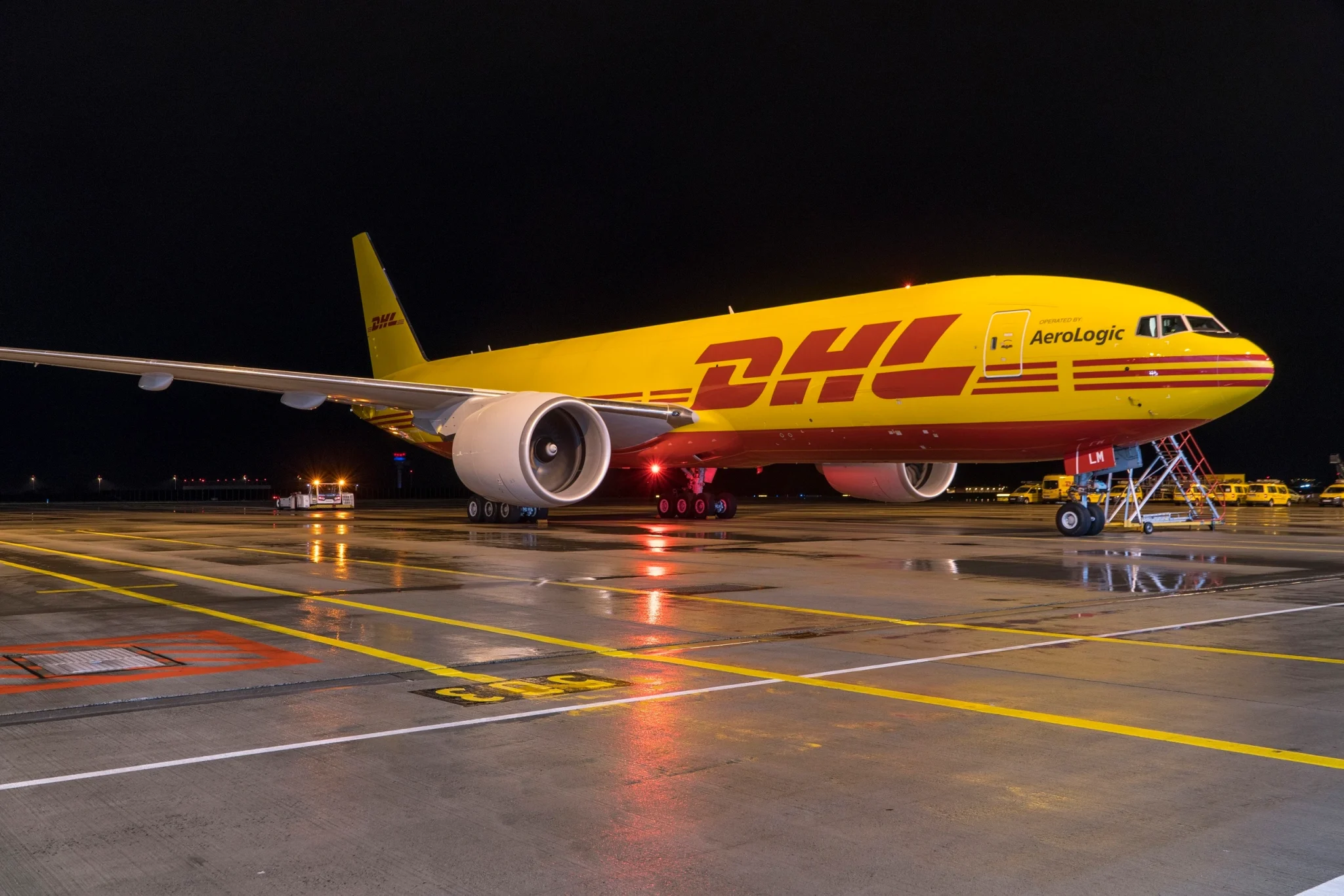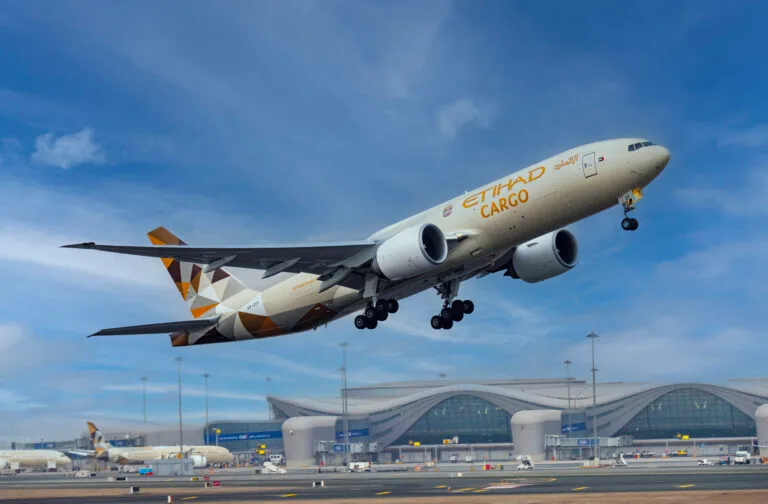The global trade landscape is bracing for further turbulence as US President Donald Trump signals that the European Union (EU) could be the next target for tariffs. Following the imposition of 25% levies on goods from Mexico and Canada, along with an additional 10% tax on imports from China, European businesses now face the possibility of similar trade barriers.
Last night (10th February 2025), President Trump confirmed higher tariffs on all steel and aluminum imports – a measure that UK producers say will prove a “devastating blow”.
Rob Shaw, GM EMEA at Fluent Commerce, warns that the market is already in an unstable, ever-changing state, and escalating tariffs could send supply chains into further disarray.
“If the US does proceed with imposing tariffs, other countries will retaliate, as we’ve already seen with China. In this scenario, tariffs may be imposed in the opposite direction, raising costs within the supply chain,” Shaw explains.
“Ultimately, it’s consumers who will bear the brunt of these changes. To protect their profit margins, businesses will inevitably pass on higher costs, placing additional financial strain on buyers already struggling with economic pressures. The exception is the luxury goods market, where high-income consumers will be able to absorb the additional costs.”
The uncertainty has placed UK and EU businesses in a state of limbo, with many preparing contingency plans in case tariffs are imposed. Some companies are considering stockpiling goods to cushion supply disruptions, though this comes with logistical and financial risks. Others are looking to invest in real-time visibility tools to better navigate inventory and supply chain fluctuations.
European Industries Facing a Catch-22 Situation
With potential tariffs looming, some of Europe’s key industries could be forced into difficult decisions. Simon Bowes, CVP Manufacturing Industry Strategy EMEA at Blue Yonder, describes the impact as a “catch-22 dilemma” for sectors like pharmaceuticals.
“Either bear the cost of relocation or absorb the tariffs and face increased costs for manufacturers and consumers,” Bowes explains.
For the luxury goods sector, the impact is expected to be less severe due to the high profit margins that can absorb additional costs. However, the European automotive industry faces a far greater threat.
“For European automotive companies, the threat of tariffs is much more significant. The industry is already struggling due to competition from China, the withdrawal of electric vehicle (EV) subsidies in key markets, and the ongoing transition to European sustainability regulation,” says Bowes.
“As the US is a critical market for European car makers, tariff threats are sending the industry to boiling point—and if placed on internal combustion engine vehicles (ICEVs), it would put a tin lid on everything that’s going bad for the industry.”
With demand for European vehicles in the US already under pressure, tariffs could significantly reduce sales volumes and accelerate production shifts to alternative markets.
Can AI and Tech Help Businesses Navigate the Crisis?
As trade tensions rise, businesses are increasingly turning to technology-driven solutions to navigate the uncertainty. Advanced supply chain management tools and AI-driven scenario modeling are emerging as critical assets for companies trying to mitigate risks.
“As tariff threats loom, businesses critically require flexible tech-led capabilities to execute strategies quickly,” says Bowes.
“Artificial intelligence (AI) can evaluate vast amounts of real-time data. Working like a GPS system, it simulates ‘what if’ scenarios tailored to different variables, meaning businesses can strategically decide the best course of action, whether that is using new suppliers, using a co-manufacturer, or absorbing tariff costs.”
Will Other Countries Retaliate?
One of the most pressing concerns is whether the US tariff strategy will provoke widespread retaliation, leading to a global trade war. If that happens, the ability of businesses to leverage international specialization—such as Taiwan’s semiconductor industry or Germany’s automotive expertise—could be significantly disrupted.
“If US tariffs are imposed, it could set off a chain reaction across the globe,” Bowes warns.
“The rise of tariffs would likely stifle competition and innovation, and while some industries could benefit from protectionism, others would undoubtedly face higher costs and reduced market access.”
The Road Ahead: A Waiting Game for Global Markets
With no immediate resolution in sight, businesses across the UK, EU, and beyond remain in a tense waiting game. If President Trump follows through with EU tariffs, companies will need to adapt quickly—whether through price adjustments, supply chain restructuring, or technological investment.
As global trade remains volatile and unpredictable, one thing is clear: the decisions made in Washington will send ripples through supply chains worldwide.
Read Similar…
US Trade Tariffs’ Supply Chain Disaster













